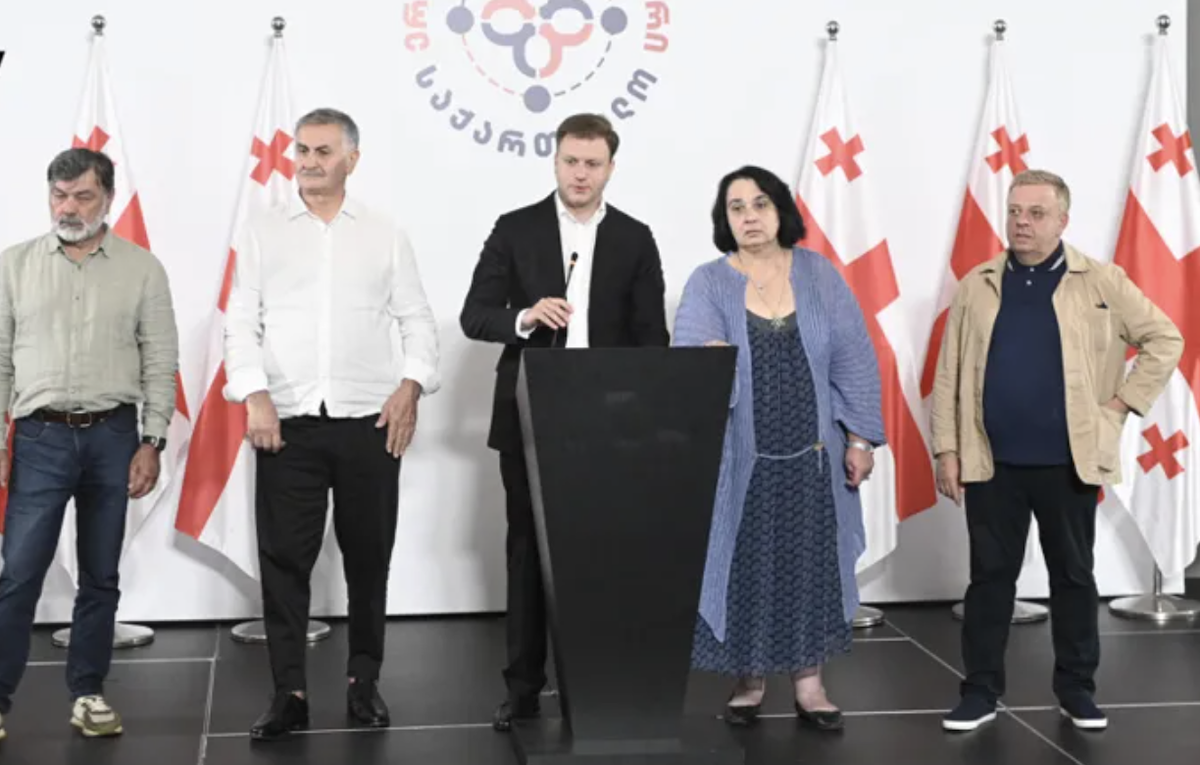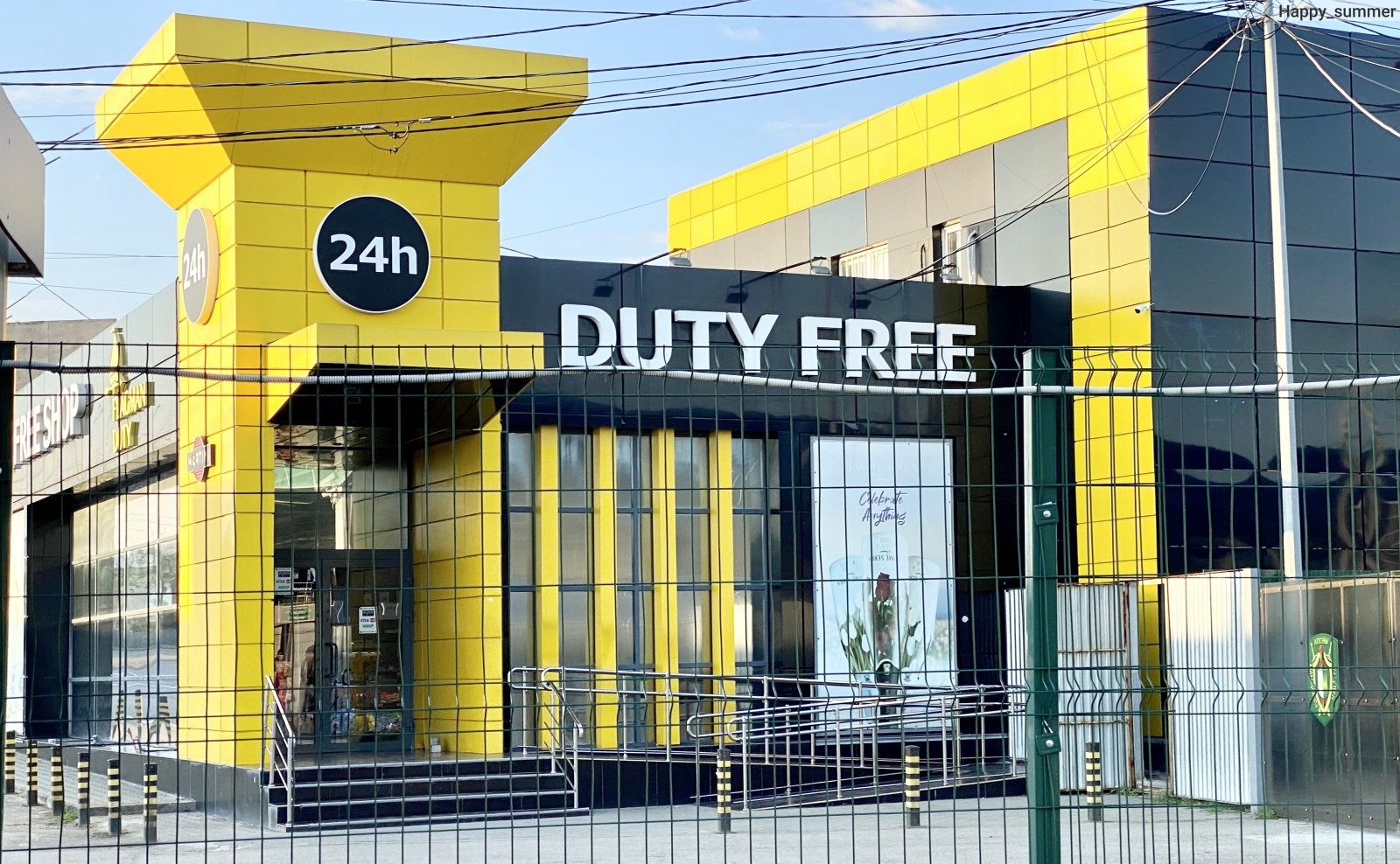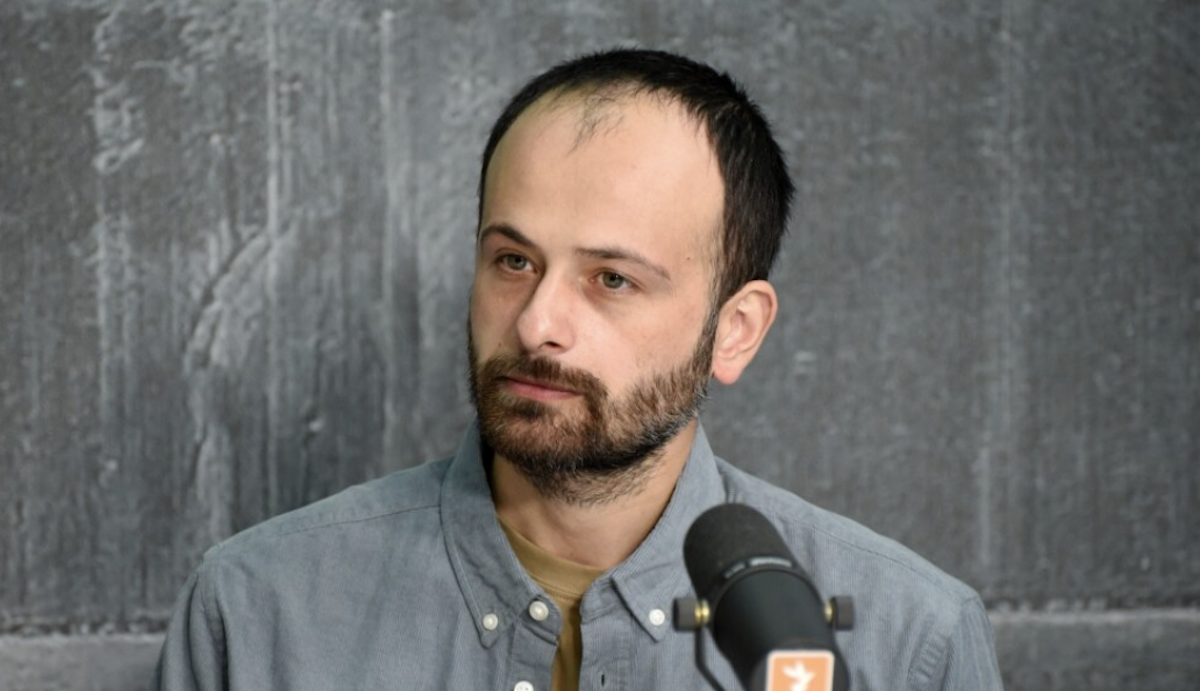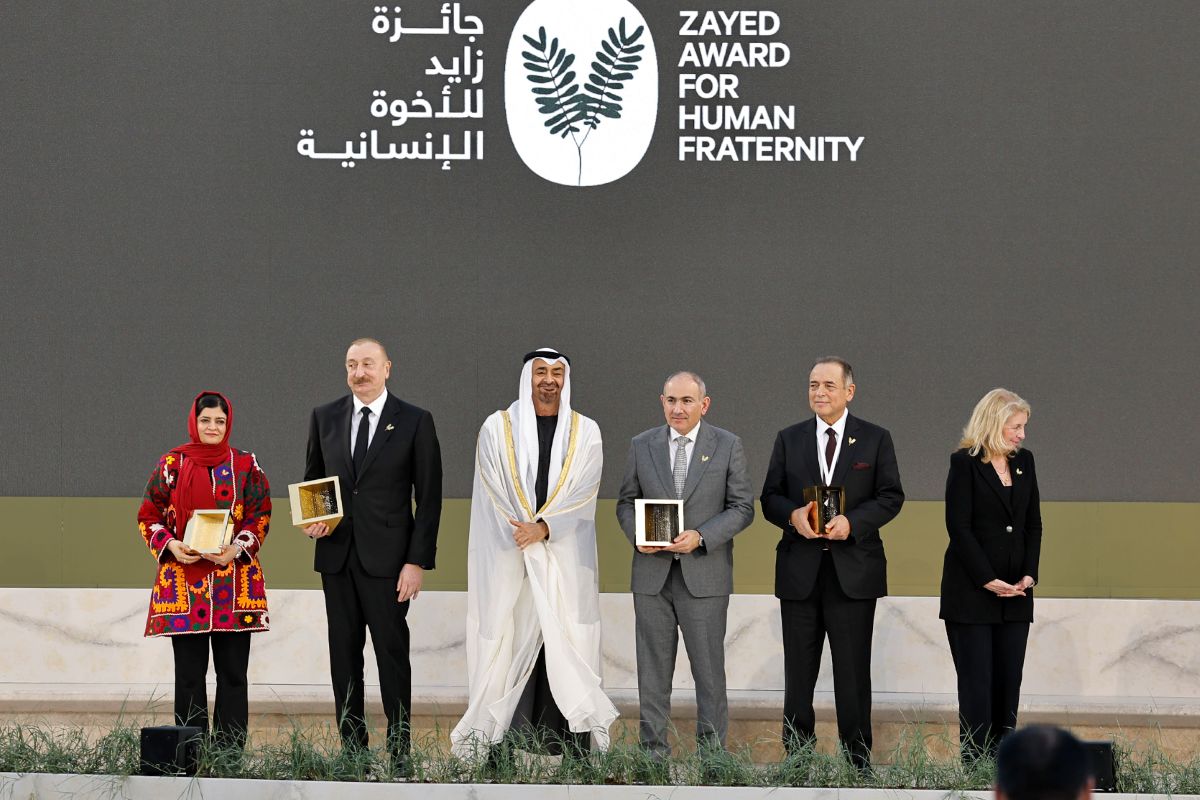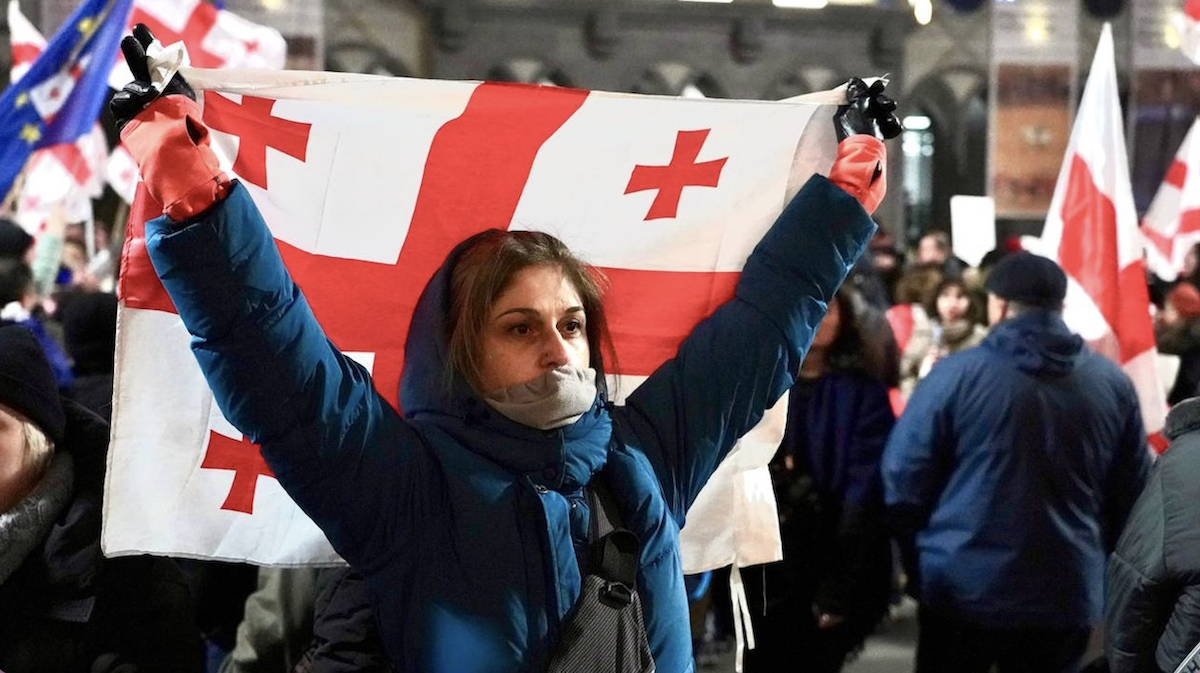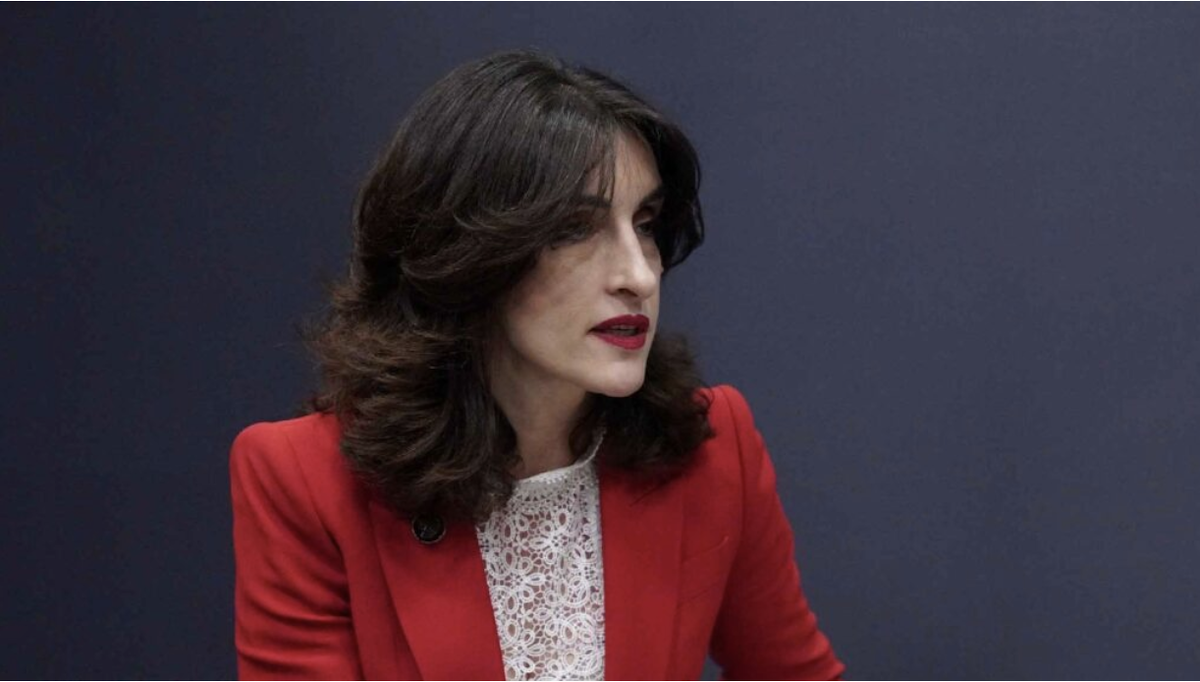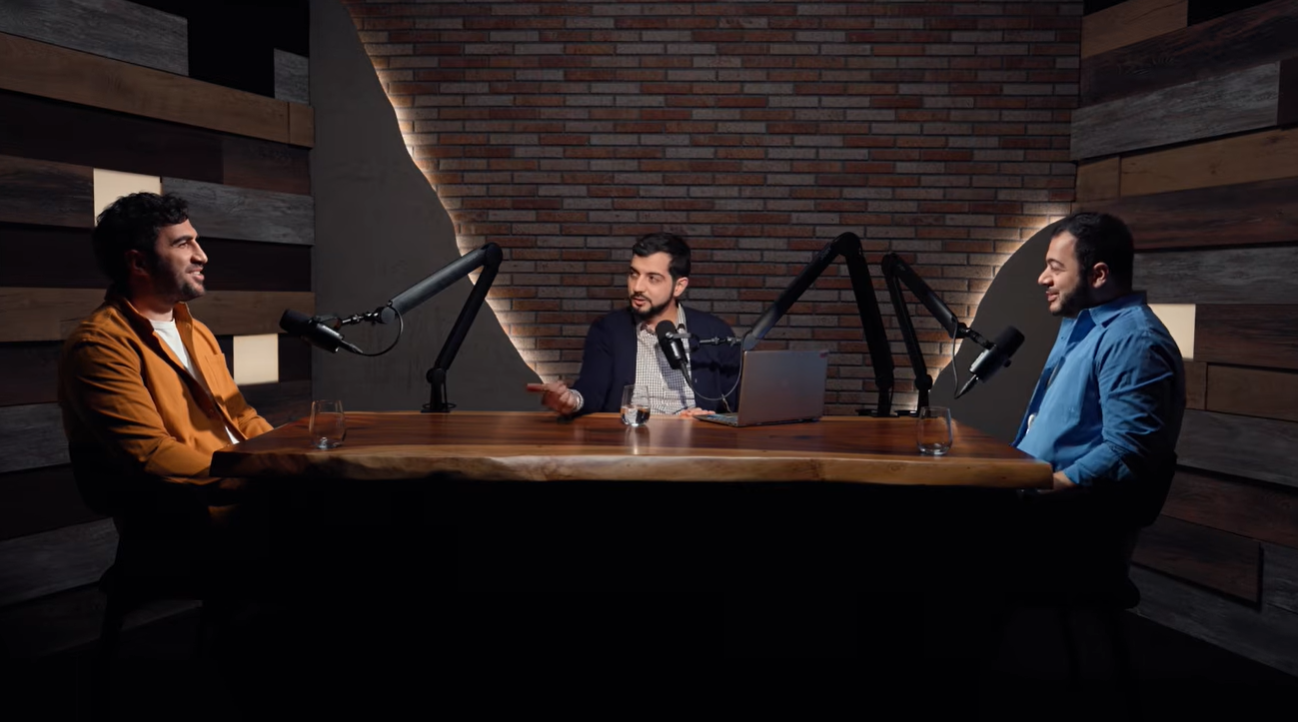Two views on one document
Georgia and Armenia signed a treaty on military cooperation for 2016. Defense Ministers, Seyran Ohanyan and Tinatin Khidasheli, held a meeting in Yerevan, on February 1 and agreed on joint actions in the defense sphere.

According to the media reports, exchange of experiences in the peacekeeping, military education, professional training and strategic planning spheres are the key provisions of the military cooperation annual program. All Armenian media outlets cited Seyran Ohanyan’s statement that Armenia and Georgia are of particular importance to each other in the field of security, politics, economics and culture. ‘Close relationship in these areas created preconditions for the development and consistent cooperation in the defense sphere starting from 2010.’
Armenian political analysts have different assessment of the importance of Armenian-Georgian treaty
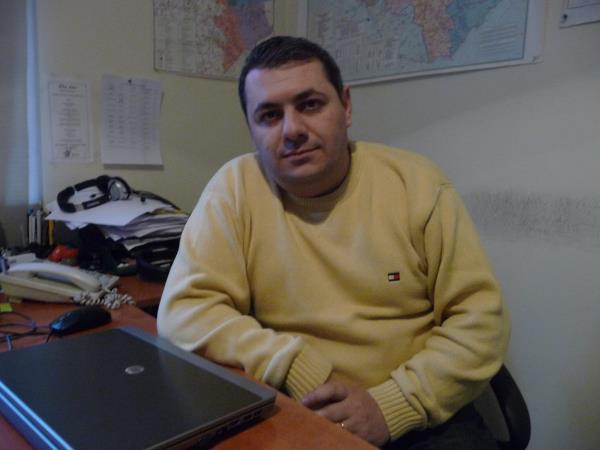
Sergey Minasyan, political analyst and Deputy Director of the Caucasus Institute, regards the treaty as a formal document, regularly concluded by the two countries, and, therefore, he does not advise to expect any particular changes in the near future.
Earlier, Armenia and Georgia also signed similar documents: ‘This document certainly has not brought any radical geopolitical advancement.’
In the political analyst’s opinion, the reason for this is the two countries’ different visions of their military and political positioning: ‘Armenia is the CSTO member and Russia’s military and political ally, whereas Georgia has problems with that very Russian Federation. Besides, Georgia prefers to join NATO.’
In addition to this, in the political analyst’s opinion, in view of previous problems with Russia, Georgia has quite active attempts to establish strategic cooperation, including in the security area, with Turkey and Azerbaijan. ‘Of course, Armenia’s relations with these countries is slightly different.’
This document does not include the key aspects of political and military cooperation between Armenia and Georgia.
The political analyst considers joint participation of the military servicemen of both countries in joint military training programs as the only interesting aspect of the treaty: ‘For instance, Armenian military servicemen undergo advanced training at Sachkhere mountain training school of the Georgian armed forces, organized by NATO experts.’ Besides, Armenian and Georgian military servicemen participate in joint technical and cross enrollment programs, including on military transit issues.

Ruben Mehrabyan, a political analyst and expert at Armenian Center for Political and International Studies, believes that the reason is the only formal thing in signing the military cooperation plan for 2016 by the two countries.
In the political analyst’s opinion, judging by the official status of the visit, the three-day term and the agenda, along with the formal aspect of signing the treaty, the noteworthy is the multi-layered exchange of views on the new realities in the region.
In the list of new regional realities, the political analyst draws particular attention to the ‘deep and long-lasting systemic, political, economic, structural state crisis of Russia. ‘
He further notes Iran’s factor, which, after lifting the sanctions, is opening to the world and is not hiding its intentions and its vision that the South Caucasus is considered by it as the politically most expedient corridor for reaching out to its future key trading partners.
Along with that, Mehrabyan considers as important a new wave of aggravation of the Russian-Turkish relations, that has an impact on the South Caucasus.
Mehrabyan views approximation of the NATO infrastructure to the South Caucasus as an important factor that has fundamental impact on regional realities.
‘Naturally, the two neighboring countries – Armenia and Georgia, that do not have many true friends, based on their millennia-old experience of neighborly relations, should hold this dialogue, that cannot but be welcomed. It proves the political maturity of the military commands of the two countries.’
The political analyst also noted that Armenia and Georgia are on the verge of the Warsaw Summit, which, in his opinion, is going to fundamentally change the NATO strategy with regard to the post-Soviet world and Russia, in particular.
In view of this, the expert believes that our countries’ positioning needs more mainstreaming and compliance with the new realities: ‘It is advisable that this be done jointly. It should be noted that Russia is pushing off the region through strategic displacement, on the one hand, and shriveling of Russia’s influence instruments, on the other hand.’












